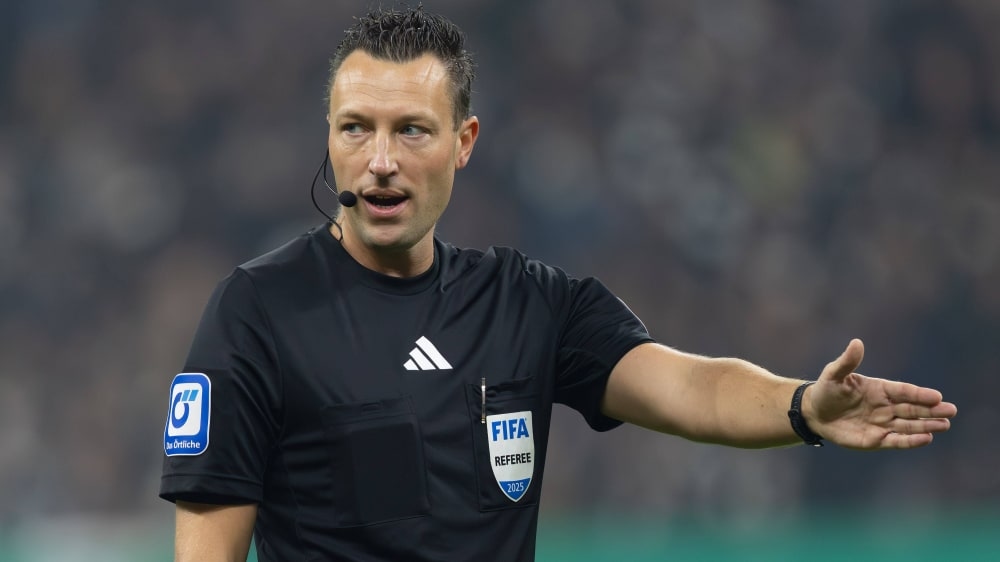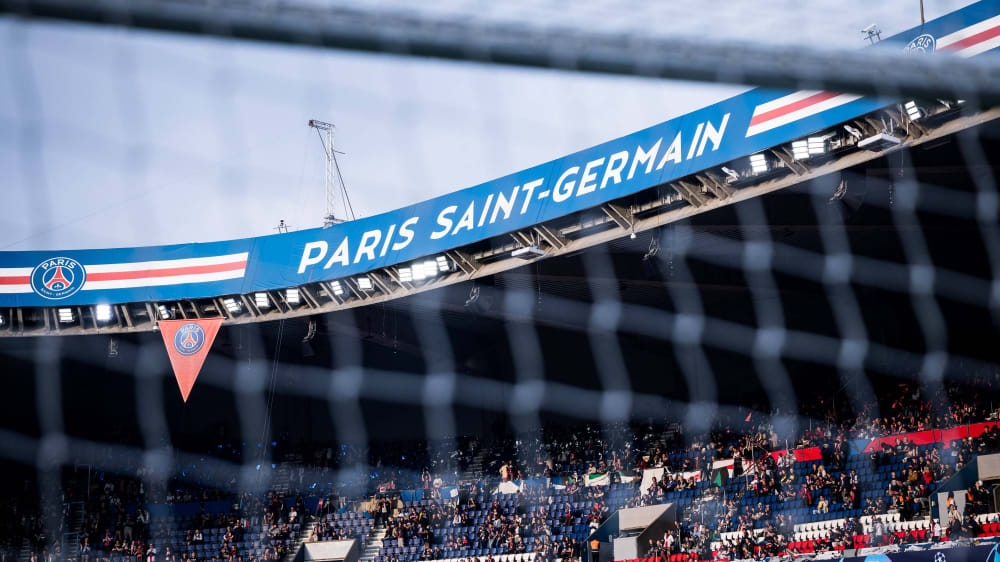The football association parts ways with national coach Pia Sundhage – this action reflects poorly on the SFV.

Pia Sundhage would have liked to remain national coach after the successful European Championship on home soil. However, after several months of hesitation, the officials at the Swiss Football Association decided on a fresh start.

Andreas Becker / Keystone
The Swiss Football Association's (SFV) vacillation has come to an end. On Monday evening, officials announced that the association will no longer work with Pia Sundhage as coach of the women's national team.
NZZ.ch requires JavaScript for essential functions. Your browser or ad blocker is currently preventing this.
Please adjust the settings.
In a press release, the decision-makers wrote that Sundhage was informed in a meeting in Stockholm of the immediate termination of her contract; the 65-year-old's contract was originally set to run until the end of the year. Sundhage is quoted in the communiqué with decidedly critical words: "I would have liked to continue this journey. I am surprised by the Swiss Football Association's decision, but I respect it."
Intense training sessions, rumors of atmospheric disturbancesThe Swiss Football Association's (SFV) vote against Sundhage comes as no surprise. In recent weeks, there had been strong indications that the Swede's contract would not be extended beyond the end of the year .
Sundhage took over the Swiss national team from Inka Grings in January 2024, a year and a half before the European Championship on home soil. The Swiss women were going through a difficult period at the time, and the rejuvenation process was only partially successful. When the team was relegated from the top group of the Nations League in June, just before the European Championship, critical voices grew louder as to whether Sundhage was the right coach for this team in transition. For example, sources close to the national team suggested before the tournament that the demanding Swede's training sessions were too tough. Furthermore, rumors of internal tensions within the team were circulating.
But at this summer's European Championship, the team around captain Lia Wälti exceeded all expectations. After a 1-2 defeat in the opening match against Norway, they improved steadily, thrilled with refreshing performances, and reached the quarterfinals of a major tournament for the first time. In doing so, the Swiss women also won the hearts of those who aren't usually interested in women's football.
After the successful European Championship on home soil, Sundhage retreated to her native Sweden for a few weeks. Even then, she emphasized that she would like to continue coaching the national team beyond the end of the year, on one condition: her assistant should be employed full-time, rather than part-time as before.
What followed reflects poorly on the Swiss Football Association (SFV) – and not just in terms of communication: Initially, the association announced it would conduct a comprehensive analysis of the European Championship. When the Swiss women's national team met for their first training camp after the home tournament in mid-October, almost three months later, the coaching situation remained unresolved. With its hesitant approach , the association not only snubbed a world-class coach , but also demonstrated that it had misplaced its priorities, especially after the euphoria that women's football had generated in the country that summer.
The new Swiss Football Association (SFV) president, Peter Knäbel, stated after taking office at the beginning of August that his focus was on the men's national team's World Cup qualification this autumn. That's legitimate. However, Marion Daube, the director of the women's national team, should have recognized the gravity of the unresolved coaching situation. By stalling the current national coach for months, the association signaled that professionalization in women's football is still not considered a top priority.
Before the recent friendly wins against Canada (1-0) and Scotland (4-3), Daube indicated that a decision regarding Sundhage's future would be made by mid-November at the latest. Now, the decision has been made sooner; the Swiss Football Association (SFV) is clearly aiming for a fresh start with the women's national team.
Sundhage's successor has not yet been determined.The timing of the decision raises questions. Had the federation resolved the coaching issue immediately after the European Championship, the new coach could have used not only the test matches in October, but also the training camp at the end of November, which included the last two matches of the year, to get to know the players before the difficult qualification process for the 2027 World Cup in Brazil. World Cup qualification begins in February and concludes with the playoffs in December 2026. The draw for the qualification groups will take place on Tuesday at 1 p.m.
In addition to the change of national team coach, the Swiss Football Association (SFV) also announced structural adjustments within its women's football department on Monday evening. Former national team player Johan Djourou will take over the technical management of the senior national team and the youth national teams. The central question of who will attempt to lead the team to the 2027 World Cup will be resolved soon; "the succession process is underway," the association stated.
nzz.ch





